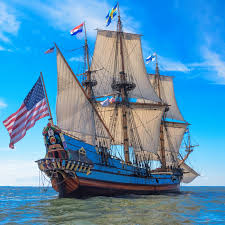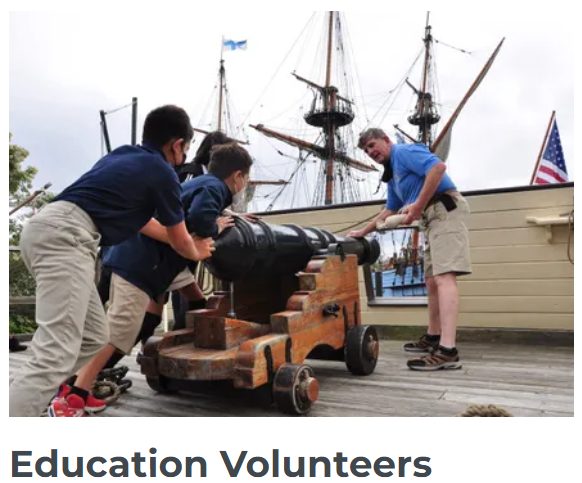
Delaware by Day: trips in and around our coastal communities
Ahoy, Delawareans. If you are a history buff, you will certainly enjoy learning about and visiting the First State’s own Tall Ship, the Kalmar Nyckel.
This fascinating story of early Delaware Valley discovery is depicted in an Emmy-nominated documentary, The Forgotten Journey. Peter Minuit, a Dutchman, was commissioned by Sweden to sail the ship named Kalmar Nyckel into the Delaware Bay and River in 1678. New Sweden, as the colony was named became the first European outpost established in what is now Wilmington.
Landing at “The Rocks,” after navigating the Delaware Bay to the juncture of the Christina River at what is now Fort Christina National Historic Landmark, Minuit and his crew had made a remarkable voyage. Minuit is best known to historians for his voyage to and purchase of New Amsterdam (now Manhattan) for the Dutch. The Swedes, knowing of his experience navigating a great deal of the Delaware Valley chose Minuit.
A total of eight Trans-Atlantic voyages took place on the mighty Kalmar Nyckel between 1638 and 1644, more than any colonial ship of the era. Eventually, the ship was heavily damaged in the Caribbean during a hurricane, and Minuit perished while in port visiting another ship’s captain.
To celebrate the state’s exploratory origins, the nonprofit Kalmar Nyckel Foundation was formed in 1997, and a replica ship was built. Located at the Copeland Maritime Center on Wilmington’s waterfront, the tall ship is an educational museum and classroom. Visitors can board and sail on the ship from May through October. The adjoining maritime center is also a museum.
The lucky few who actually get to sail the Kalmar Nyckel up and down the East Coast from Massachusetts to Virginia spend three weeks on board as its crew. This follows an intensive training program. Knot tying, square rigging and all other seamanship skills are rigorous and physically demanding. Volunteer crew are expected to man the ship during the 90-minute summer educational voyages.

Sharon Baker of Lewes spent a good part of her summer in 2023 working as a crew member aboard the Kalmar Nyckel, and refers to it as one of the most adventurous – and physically demanding – projects of her lifetime. Now retired and quite active, Ms. Baker plans to continue volunteering.
“It was fabulous, even in some harsh weather conditions. We were on our feet working together as a crew, traveling to various ports for public education,” she explains. “It was intense but very fulfilling to be able to be aboard a colonial-era tall ship.”
If living aboard is not your style, there are still plenty of volunteer opportunities available. Or, if you’d rather go for a sail with your friends or the grandkids, make a day of it. There are several summer children’s programs, such as Lego shipbuilding, Pirate Day and a Halloween Ghost Ship.
Admission to the museum is $10 on Saturdays in the winter during the Kalmar Nykel’s maintenance season. Sailing tours from April through October range between $25 and $65 depending on the length of the trip on the Christina River. The Fort Christina National Landmark, just yards from the ship’s mooring is also available for visitors.
To really get the sense of the Kalmar Nyckel story, the foundation’s web site offers several educational videos visitors can watch before visiting. The previously mentioned documentary, we highly recommend The Forgotten Journey, which is available at the Copeland Maritime Center Museum.
Set your sails this spring or summer. Explore Delaware’s most valued ship, the Kalmar Nyckel.
By Bridget FitzPatrick


Very interesting & insightful article! Glad tours & sailing trips are available for educational purposes.